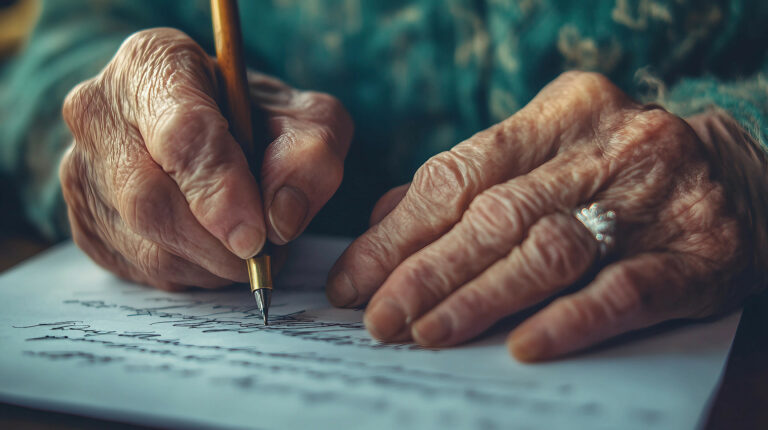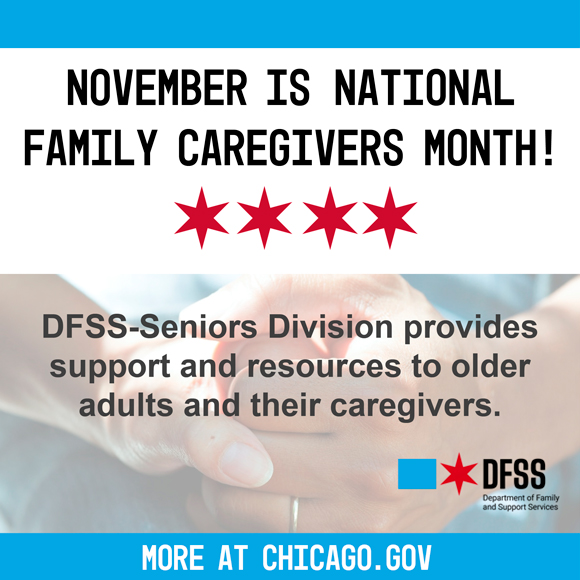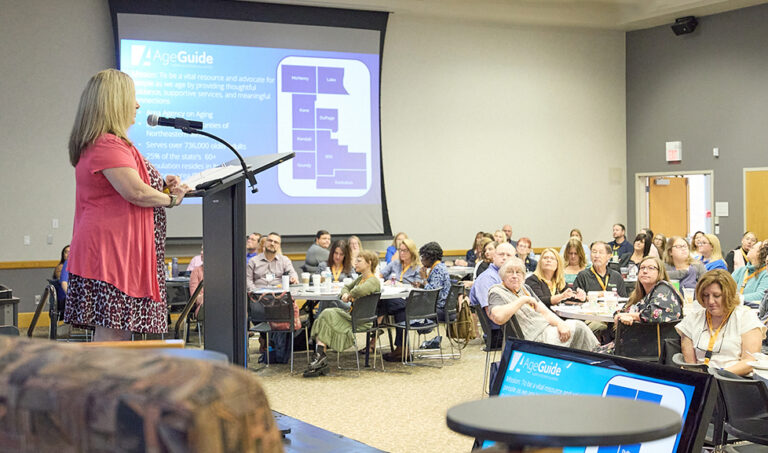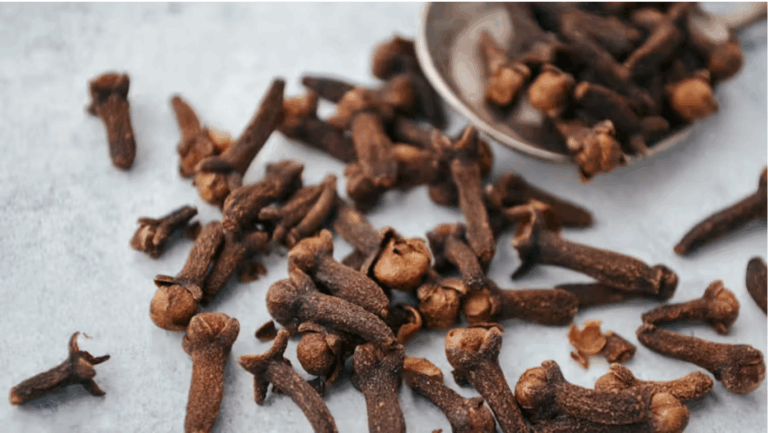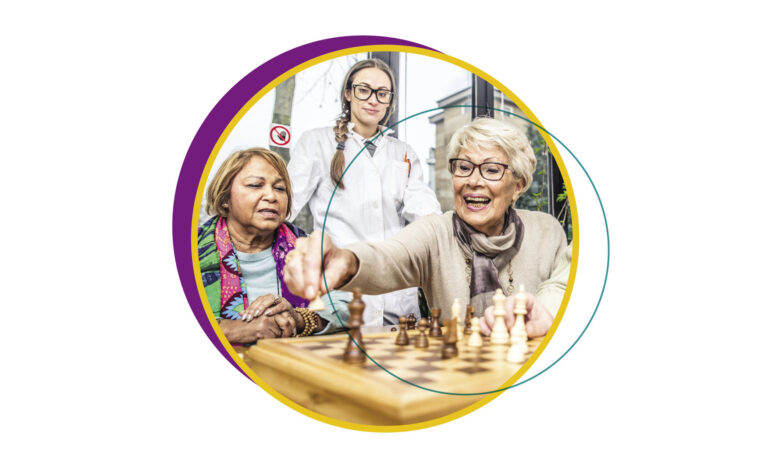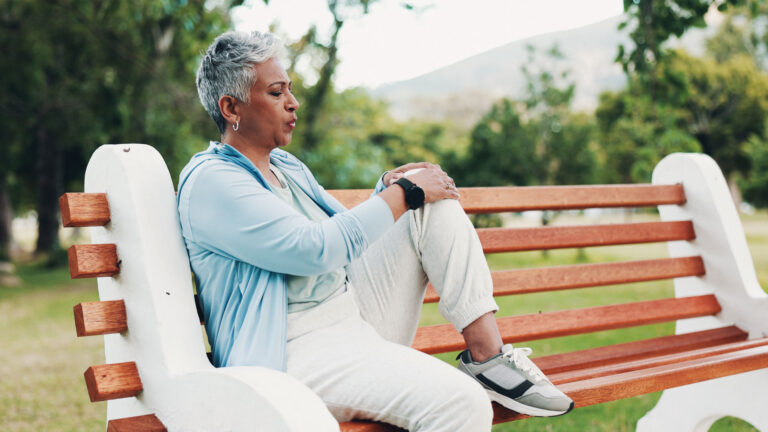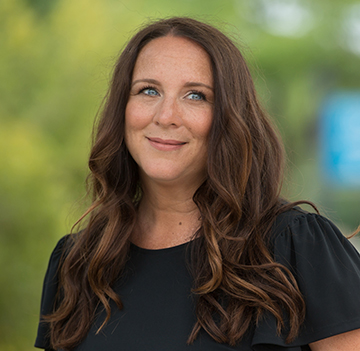
Cathy specializes in health, mental health, and human behavior. She connects with readers in an insightful and engaging way.
What 100 years on Earth has taught one centenarian — and what she continues to teach others
Fact checked by Katie Scarlett Brandt
Christina Brown helped her grandma, Kataryna Protyniak, celebrate a milestone birthday this past summer that not many people reach: 100.
In fact, only an estimated 101,000 people currently living in the U.S. (0.03% of the population) have surpassed their 100th birthday. However, the U.S. Census Bureau expects that number to quadruple to 422,000 (0.1% of the population) by 2054. The U.S. has the second-highest number of centenarians behind Japan (146,000). Worldwide, an estimated 722,000 people are over 100.
Brown says she frequently reflects on how much her grandmother has experienced in her 10 decades. “I often think about how incredibly difficult the first half of my grandma’s life was. I remember when I was 16 and realized that at that same age, my grandma was taken away from her entire family and forced to move to a country in which she didn’t even speak the language,” Brown says.
During World War II, Protyniak was taken away from her home in Ukraine and brought to Germany. After the war, she met her husband, Josef, in a displacement camp. They married, and in 1948, Brown’s mother was born. Three years later, the family of three immigrated to the United States, where Josef landed a job in Chicago working the night shift in a steel mill. Kataryna found work in a factory.
“Moving to the U.S. was certainly not easy either. They had friends who graciously allowed them to live in their basement until they were able to find a place of their own,” Brown says.
When Protyniak reflects on her life’s journey, she focuses on the positive. “It feels good. As I look back at my life, a wonderful, supportive husband; children; grandchildren; great-grandchildren; and good friends filled my heart with joy,” she says.
An example of gratitude
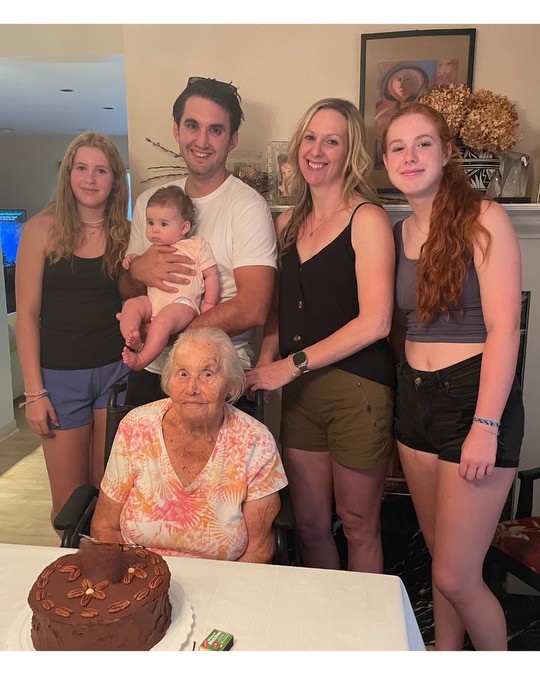 Brown says she never heard her grandparents complain about their journey. “Instead, they spoke about how thankful they were to have their friends, the Ukrainian community, and a brand-new life in America.”
Brown says she never heard her grandparents complain about their journey. “Instead, they spoke about how thankful they were to have their friends, the Ukrainian community, and a brand-new life in America.”
Her grandfather passed away in December 2019, just a few weeks shy of his 99th birthday.
“I do wonder if I would have been strong enough to not only survive what they did, but to end up thriving despite the adversity,” Brown says, adding that she reminds herself of this when “mundane, unimportant things” get her down. “They did what they had to do in order to provide a better life for their family. They worked hard, put family first, and they were always full of gratitude.”
The Protyniaks’ sense of gratitude may have contributed to their longevity. People who experience more gratitude have a lower risk of dying, according to a study in the journal JAMA Psychiatry based on data from the Nurses’ Health Study. As part of the study, 50,000 registered nurses between ages 69 and 96 responded to a gratitude questionnaire. The researchers found that the women who had the highest levels of gratitude based on the survey results experienced a 9% lower risk of death from health causes that included cardiovascular disease, cancer, and neurodegenerative disease.
Motivation to keep moving
Keeping active may have helped, too. Brown remembers both her grandparents always on the move. “Even once they were retired, they spent their summers gardening,” she says.
Because her grandma never learned how to drive, she walked everywhere. During the wintertime, when the weather was too dangerous to walk outside, she walked back and forth in her basement for exercise. “And this is before anyone had even heard of the goal to get 10,000 steps per day,” Brown says. “I truly believe that both she and my grandpa lived for so long because they never stopped moving their bodies.”
A 2022 study in the journal Circulation, found that “any combination of medium to high levels” of vigorous activity (recommended at 75 to 300 minutes per week), and moderate physical activity (recommended at 150 to 600 minutes per week) “can provide nearly the maximum mortality reduction,” which is about 35% to 42%.
As a nutrition and weight loss coach, Brown is following in her grandparents’ steps. She spends her days helping others achieve good health by guiding them toward effective exercise routines, personalized meal plans, and a strong mindset.
“Seeing my grandma being active and not acting like an ‘old’ person had a subconscious effect on me,” Brown says. “When I would compare my grandparents to those of my friends, mine always seemed much younger to me, and I think I somehow connected that to them being active.”
In addition to moving, Protyniak’s best advice for longevity is to take good care of your body as best you can. “I never smoked or drank. Have a spiritual belief, in my case, in God. Treasure your family and friends,” she says.
Brown hopes to live out and carry on her grandma’s insights with her two teenage daughters. And maybe in a few decades, they’ll be celebrating another 100th birthday together.


